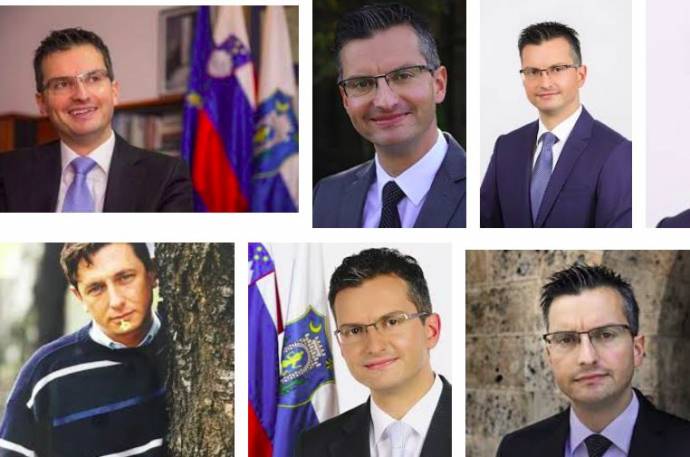All our election coverage is here, while our profiles of the many parties are here
"We're quite happy with the progress. It was very hard, everyone had reservations about something. We went through the entire coalition agreement," LMŠ leader Marjan Šarec told the press an hour before midnight.
He spoke to the press after meeting the leaders of the centre-left SocDems, Modern Centre Party (SMC), Pensioners' Party (DeSUS) and Alenka Bratušek Party (SAB), and the centre-right New Slovenia (NSi).
Šarec feels the progress could be enough to persuade the NSi, which was unhappy with the draft coalition agreement last week, to decide to continue the talks.
Yesterday, the parties managed to largely close some fields which were their priorities, namely healthcare, taxes, pensions and education.
However, more work will be needed to reach agreement on defence, security, the environment and spatial planning, said Šarec, announcing the open areas would be further discussed by working groups Monday.
This time the party leaders also broached staffing, but did not agree yet on which party would get a certain ministry or discuss concrete ministerial candidates, according to Šarec, who said they would take some time next week to reflect.
Asked whether the LMŠ would get five ministerial posts, the SD and SMC four each, the NSi three, and the SAB and DeSUS two each, Šarec said "this is not football" but "a matter of talks".
Coming to the meeting in Kamnik, SD leader Dejan Židan said the SD "was offered the number of ministries it is entitled to based on the election result".
However, he reiterated the distribution of ministerial posts was not the party's priority, so it would not be setting conditions to put the coalition building at stake.
Šarec is not in a great hurry, saying that next week the leader of the election-winning Democrats (SDS), Janez Janša, would start meeting party representatives to establish which parties would be willing to enter talks with him.
His LMŠ has received Janša's invitation to a meeting on Monday, but will "most probably" not attend it. "This would be a bit funny" when we're trying to form our own coalition, he explained.
The LMŠ boss will decide how to proceed if Janša fails to form a coalition. "We have to wait until 23 June", when the period in which the Slovenian president is the only one who can put forward a prime-minister-designate runs out.
Šarec stressed he did not intend to join this first attempt himself, "at least not at all cost, because we can absolutely not get fully harmonised by 23 June".
"And I won't accept the nomination if I don't have MP signatures for the prime-ministerial candidacy, if I don't have a signed coalition agreement and if I don't have staffing issues agreed."
Šarec is not yet thinking about plan B if the NSi decides not to continue the talks with him. However, if the NSi is not in the coalition, the Left would be willing to start discussing joining in.
However, Šarec is aware this would probably mean another major change of the coalition agreement.






